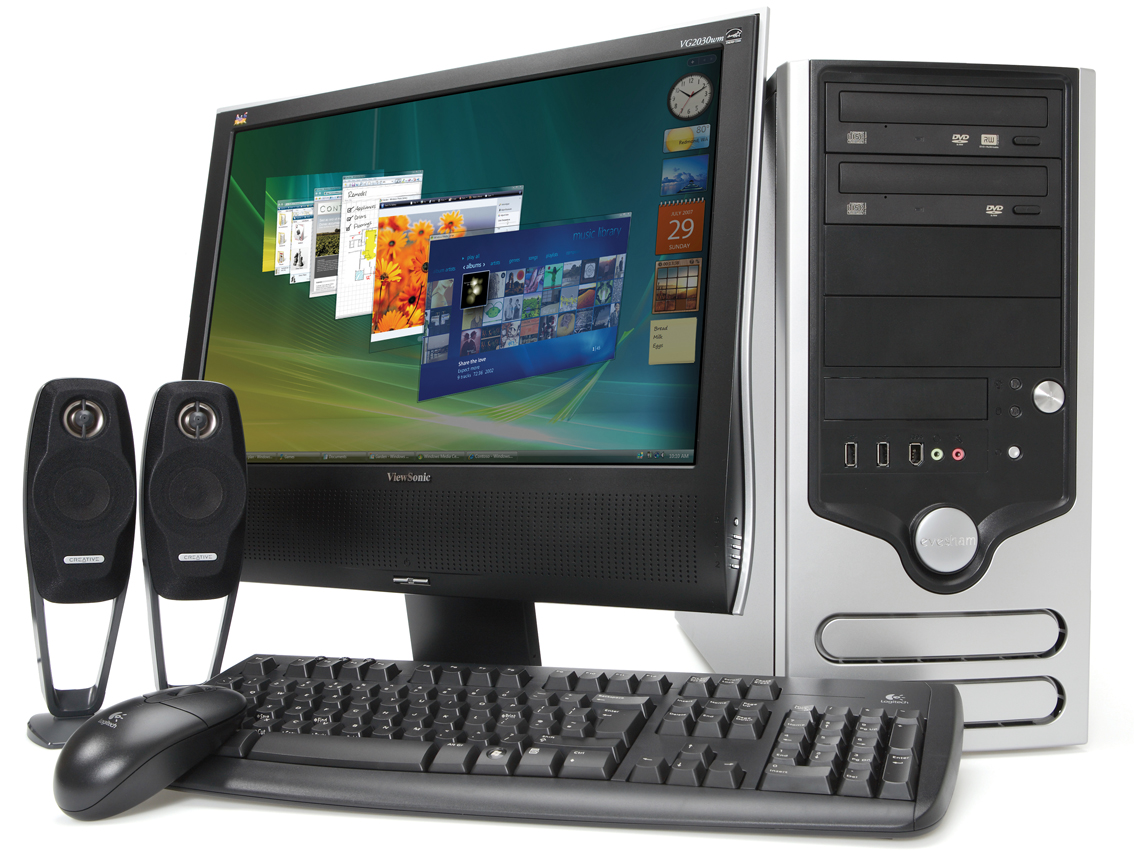Your PC could be infected without you knowing
50,000 computers hijacked by botnets every day

Has your computer been behaving a bit strangely lately? In that case, your computer may have fallen victim to a hijacker, linking it up to a so-called botnet network of infected computers.
More than 50,000 computers are hijacked every day, and more than six million machines are currently being used for criminal activity without the owner's knowledge, the EU's security agency, ENISA, said today.
Telltale signs
It's very hard to tell if your computer has been hijacked, but slower connection and processing speeds and strange behaviour are telltale signs. "Most people don't even notice when it happens, and people are not very good at protecting themselves and their computers," an ENISA spokesperson said.
ENISA today warned about the massive rise in digital crime, often involving hijacked computers. Its report, Botnets - The Silent Threat, states there are currently around 1,000 botnets globally. Each links up between 10,000 and 300,000 hijacked computers.
Massive extent
"The extent [of botnets] is massive and increases all the time. The problem is that those affected usually don't discover that anything is wrong until it's too late," said Ulf Bergström, ENISA's press and communications officer. "We are not very good at protecting ourselves, often not bothering with software updates."
A botnet is a collection of software robots ('bots') which run autonomously and automatically, usually from groups of computers that have been hijacked by hackers. The creator of the botnet can control the group of computers remotely and use them for online fraud, sending spam email etc. Hackers can also store criminal data on your computer, or steal your login and password details.
The most common way in which a computer gets infected is via a web browser (56 per cent). Other ways include email attachments (13 per cent), operating system exploits (11 per cent), and downloaded internet files (9 per cent).
Get daily insight, inspiration and deals in your inbox
Sign up for breaking news, reviews, opinion, top tech deals, and more.
Tracking is difficult
As botnets usually involve computers from several countries, tracking them is very difficult, ENISA said. It is urging the EU member states, law enforcement agencies, software developers and internet service providers to cooperate more as digital crime otherwise will escalate beyond their control.
"EU member states must take this threat seriously. Otherwise there is a risk that digital crime surpasses us," Bergström added.